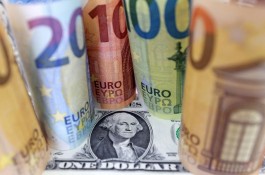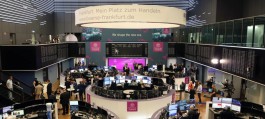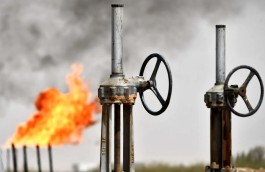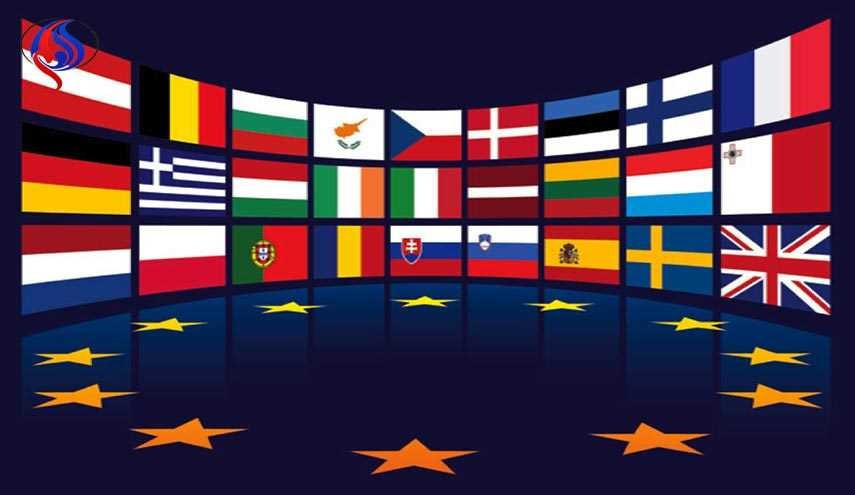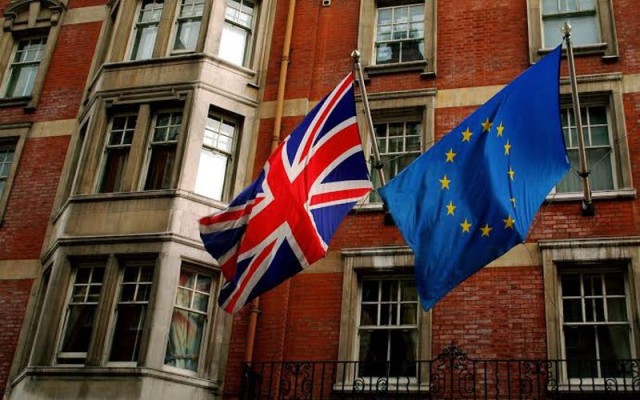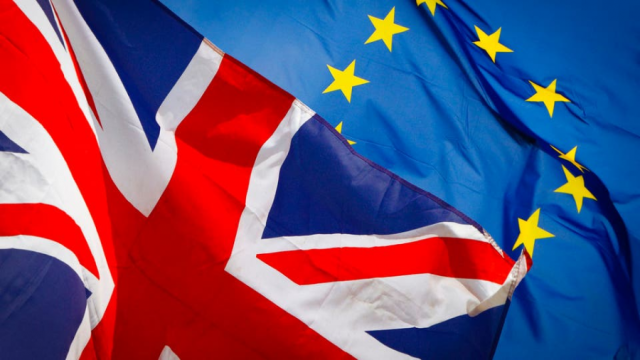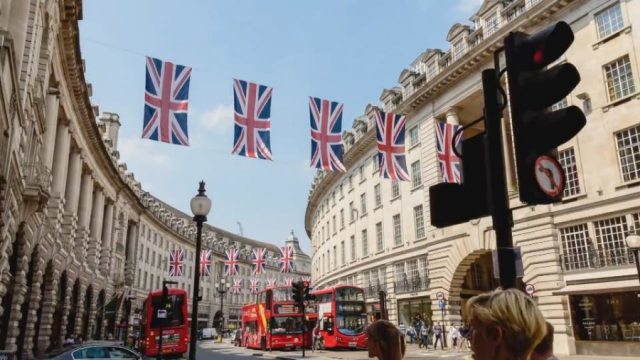The leaders of the European Union failed to reach an agreement on the long-term budget of the Union.
According to Reuters, the European summit ended its work ahead of schedule on Friday without reaching an agreement, after a two-day standoff between the poorest countries and economic members wishing to rein in spending.
Charles Michel, president of the summit, invited the leaders of the 27 European Union countries to meet at the end of the day in order to bridge the differences, but they dispersed within minutes after the competing camps rejected a plan he proposed as a compromise.
German Chancellor Angela Merkel told reporters that we must acknowledge that the differences are still large enough to prevent reaching an agreement ... We did not succeed, and that is why we must continue to work.
Setting a seven-year budget has always been like a tug of war, but it has become much more difficult this time because Britain's exit from the union last month created a gap of 75 billion euros ($ 81 billion) in conjunction with costly challenges from climate change to immigration.
The standoff over the 2021-2027 budget and how it is drafted highlights the differences between North and South countries, between East and West, and between advanced and less developed economies.
Denmark, Austria, Sweden and the Netherlands - the so-called Quartet of Economies - attended the talks in Brussels on Thursday intent on not accepting a budget of more than one percent of the European Union's gross national income.
On the other hand, the beneficiaries demanded a net benefit from the joint budget by more than Michel's original proposal of 1.074 percent, equivalent to 1.09 trillion euros (1.2 trillion dollars).
Michel's new proposal restricted joint spending at 1.069 percent, but this would have involved a small spending cut of about ten billion euros over seven years compared to the original plan, which did not satisfy either of the two rival camps.
The frugal Quartet firmly opposed a budget earmarking a third of solidarity funds to develop the poorest areas and another third to support farmers. Agriculture contributes about one percent of the European Union's economy.
They want to focus more on border management after the European migration crisis of 2015 and 2016, tackling climate change, enhancing security and modernizing the Union's economy by investing in scientific research and digitization.
The poorest countries of the European Union in the east and south want continued development support, and France, Ireland and others support them in seeking to maintain support for farmers.
French President Emmanuel Macron said that he worked closely with Merkel - whose country is the largest net contributor to the European Union's shared treasury - to try to bring positions together.
...



















